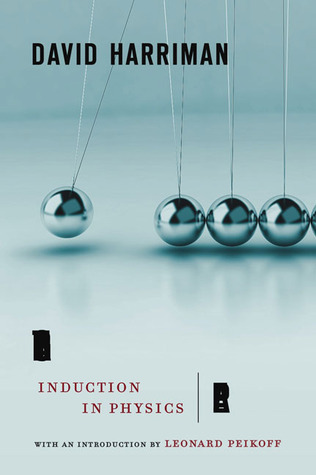What do you think?
Rate this book


288 pages, Paperback
First published January 1, 2010
A theory of induction presupposes answer to the fundamental questions of metaphysics and epistemology. For instance, I take for granted the law of causality (which states that the action of an entity follow from its nature) and the validity of sense perception. (pp. 9)
Logic, when properly applied, enables us to arrive at true conclusions, but it comes with no guarantee that we will apply the method correctly. The laws of deduction were identified by Aristotle more than two millennia ago, yet people still commit deductive fallacies. (pp. 189)